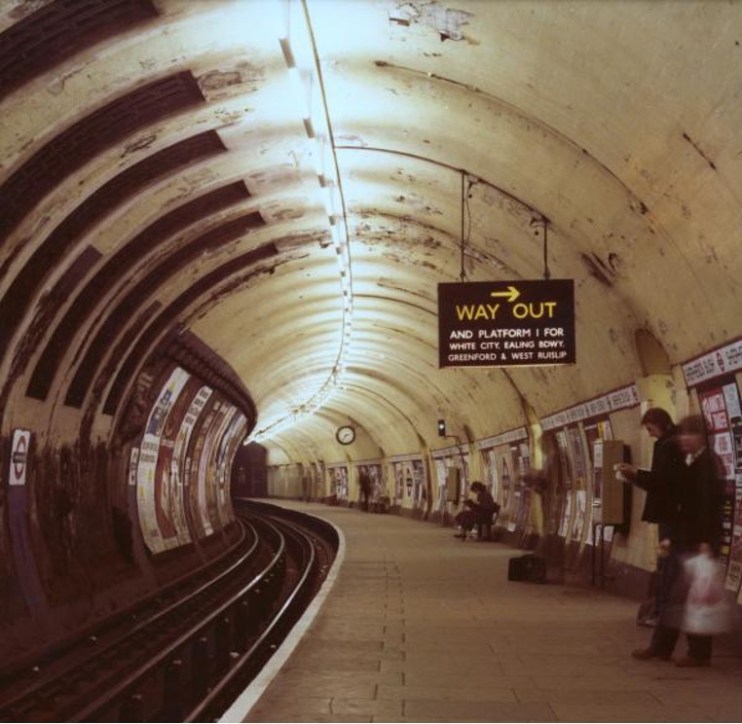Whitehall should not be able to escape TfL’s case for funding

There is a brilliant, if possibly apocryphal, anecdote that emerged from the 2000 US election. Karl Rove, George W. Bush’s election strategist, was finally accosted by the journalists who had been following Bush on the campaign trail for weeks, reciting the same speech, city by city, state by state.
The hacks begged Rove to change just a line or two. “When everybody in America can recite this speech by heart,” he is said to have retorted, “I’ll change the speech.”
The lesson is that saying something once is not enough – sometimes it takes a little while for the message to resonate.
That is a lesson that the Mayor of London Sadiq Khan and TfL Commissioner Andy Byford must take on board over the next three weeks – three weeks that could well define the recovery of the capital from Covid-19.
Yesterday we reported on the £6.6bn funding gap at the heart of TfL’s finances, hit by passenger number falls and the network’s unusual reliance amongst major cities not on central funding but on fare revenue.
If Whitehall does not step in with a cheque, we will be looking at services moving into ‘managed decline.’ It is not too much of a leap to say that such a state of affairs would do much to send London itself into a downward spiral. A dirty, slow, run-down transport network is hardly the ‘welcome to London’ image we want to show investors.
Khan and Byford must convince central government of the value of London to the UK’s recovery.
It is difficult to remember a Government less interested in the prospects of the capital than this one, though it’s led by a former Mayor, but surely the basic economics of London’s vital importance to the wider economy must resonate with the Treasury. The golden goose may lay golden eggs but not if it’s stuck waiting at the bus stop rather than heading into the office. Khan and Byford have three weeks to channel their inner Rove: only when Whitehall officials can recite their case by heart can they rest easy.
Read more: TfL: Network planning for “managed decline” and return to 1970s without Whitehall funding
